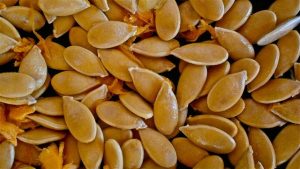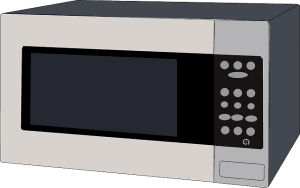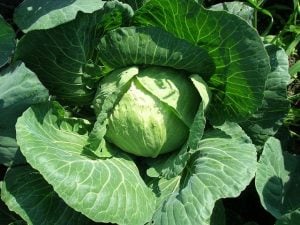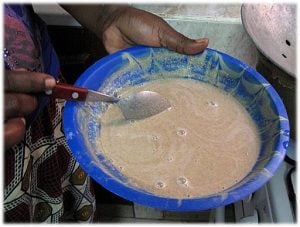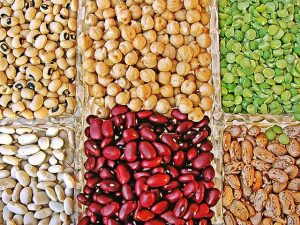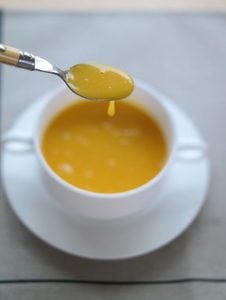Viral infections like the novel Coronavirus (COVID-19) alter bodily mechanisms in different ways which in turn affects one’s nutritional status. Some of these ways include:
- it alters metabolic pathways
- increases nutrient and water losses
- increased metabolic demands
- reduce water and food intake due to loss of appetite
Good nutrition is therefore paramount in ensuring we get all the essential nutrients that are important for a healthy immune system. The nutrients in the foods we eat can help reduce the viral load in the body and increase the quality and length of life.
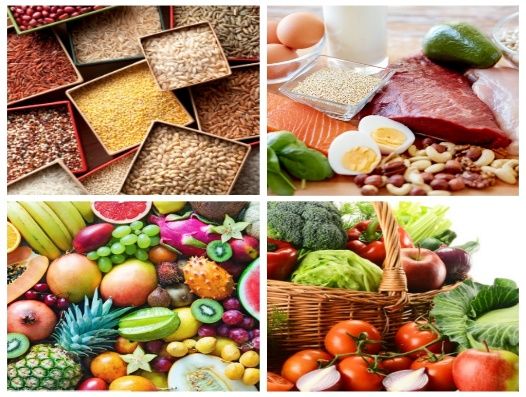
As such, in addition to maintaining a good hygiene during this period, one should ensure they also get a balanced diet with an adequate supply of protective nutrients from their daily diet.
Vitamin A
Studies have shown that the Coronavirus compromises the respiratory tract. Vitamin A is very important as it will help promote the integrity of the epithelial membranes lining the respiratory tract hence maintaining its health.
Food sources rich in vitamin A include: dark green, orange and red fruits and vegetables, fish, liver, fish oils, milk products and eggs.
Beta-carotene, a common type of Vitamin A found in most of these foods is a very powerful antioxidant that protects the body from the oxidative process that arise during infections. They counter the harmful free radicals that are a result of bodily oxidative process.
Vitamin C
Also known as ascorbic acid, Vitamin C is another powerful antioxidant that helps prevent diseases where free radicals are involved. Food sources rich in vitamin C include guavas, lemons, oranges, berries, melons, sprouted legumes, gooseberries, and tomatoes.
Vitamin E
Vitamin E is a primary defender of the body against oxidation. It protects the unsaturated fatty acids in tissue lipids and other vulnerable components of the cell and their membranes from destruction (oxidation).
Vitamin E is very active in the areas where oxygen exposure is high e.g. the lungs, red blood cells. It also protects the body’s immunity by protecting the membranes of the white blood cells.
Food sources rich in Vitamin E include oil seeds, nuts, eggs, meats, plant oils, green vegetables, wheat germ and soya bean.
Iron
Iron is a very important micro-nutrient that promotes uptake of oxygen in the body and into the cells. Deficiency of iron severely affects the immune system leading to low immunity which causes reduced resistance to infections.
Food sources rich in iron include chicken, liver, meat, shell fish, dried fruits, legumes, fortified flours, breakfast cereals and dark leafy vegetables.
Vitamin B6
Vitamin B6 is essential in making blood cells. It is also very important in metabolism of macronutrients as a coenzyme form referred to as pyridoxal phosphate.
It is needed for more than 50 enzymes involved in this metabolism and is also involved in making non-essential amino acids in the body and neurotransmitters.
Food sources rich in Vitamin B6 include whole grains/cereals (e.g oatmeal, wheat germ and brown rice) fish, meats, green leafy vegetables poultry, eggs fruits and legumes.
Protein
Protein is the building blocks of the body and is involved in key bodily functions including: production of enzymes, blood clotting, immune response energy production and cell repair.
Antibodies that help the body fight infections are protein in nature. They defend the body from antigens (foreign invaders) by immobilizing antigens (disease causing organisms) for the white blood cells to destroy.
Rich sources of protein can be found in animal products such as eggs, milk, fish, beef and poultry however good amounts can also be found in plants sources such as peanuts, soya bean and other legumes/pulses.
Energy
Energy is primarily obtained from carbohydrates which are in broken down by the body into glucose – the fuel that powers our cells to perform vital cellular functions, the most pertinent to our topic today being the provision of energy needed by protective antibodies to fight infections.
Good sources of carbs include whole grains and cereals, unripe bananas, potatoes and traditional root tubers such as yams and arrow roots.
Zinc
Zinc is a very versatile trace element that is required by over 100 enzymes to work. Wherever protein is, zinc is to be found as the body needs it to make proteins. It is further involved in the making of genetic materials (DNA), transportation of vitamin A and plays key roles in immune reactions and wound healing.
Food sources rich in zinc include oysters, meats, fish, poultry, legumes, whole grain cereals and nuts.
Selenium
Selenium is a very important mineral as it is part of the enzyme glutathione peroxidase that works with the aforementioned vitamin E to protect the body against antioxidants. Food sources rich in selenium include sea food, meats, whole grains, nuts and seeds.
